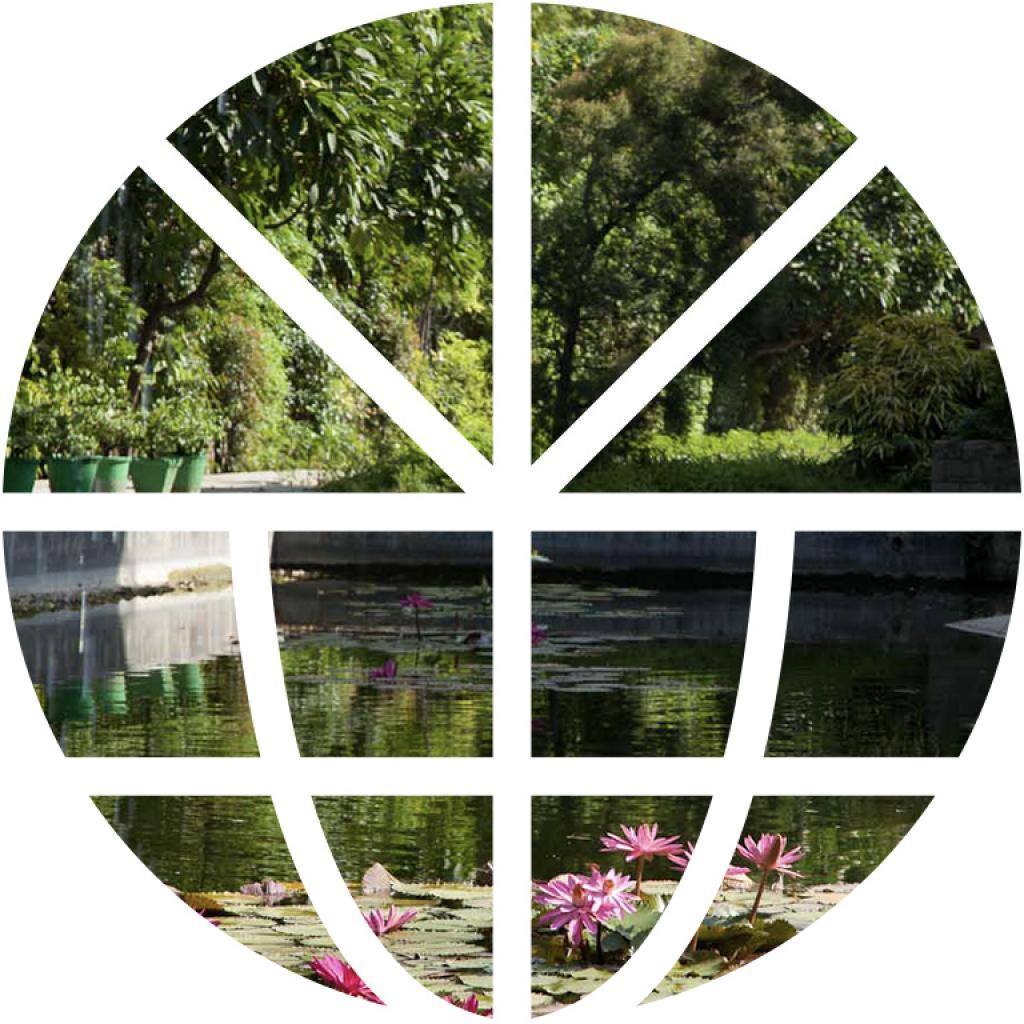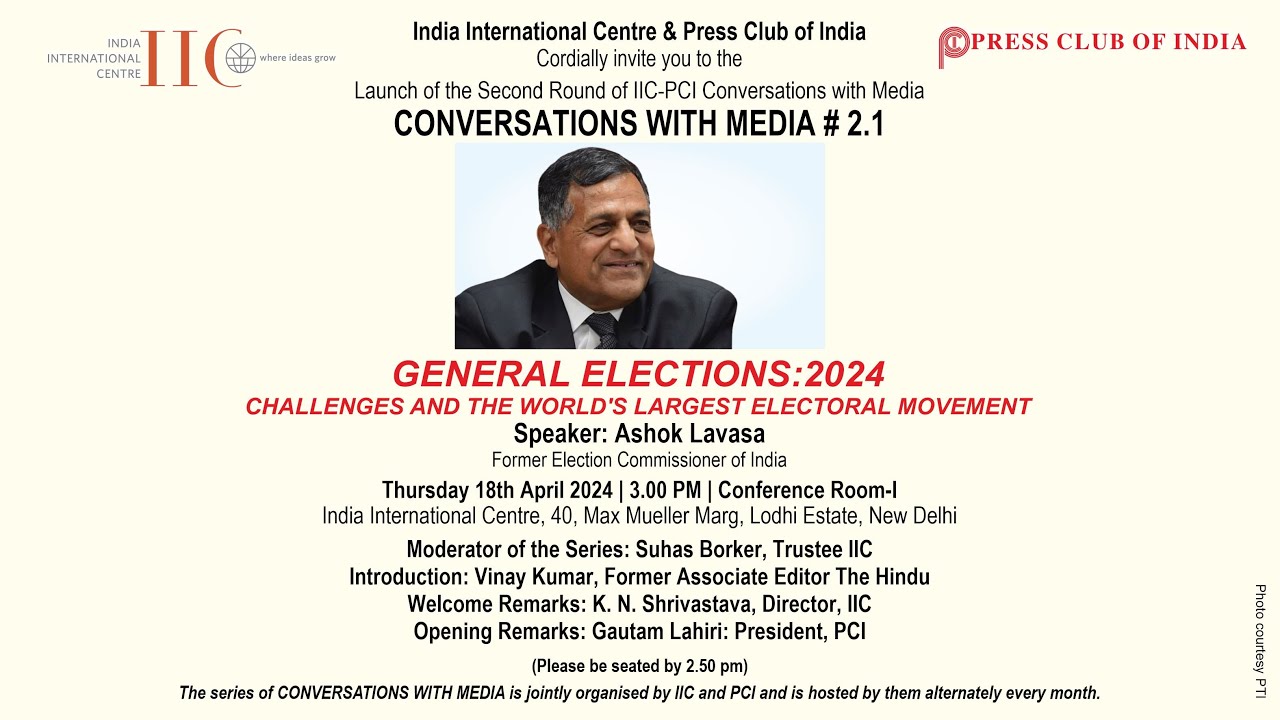The Merchants of Cambay: Trading world of co-operation, confrontation and conflict
Speaker: Dr. Neera Agrawal, independent historian who has taught history at Mithibai College and Patkar College, University of Mumbai
Chair: Prof. Sucheta Mahajan, former Professor, Centre for Historical Studies, Jawaharlal Nehru University and Convenor, IIC-Sectoral Policy Group on History
The fascinating tale of the Merchants of the port town of Cambay begins from the time when Queen Elizabeth I of England sought permission to trade with India in 1583 and addressed the Mughal Emperor Akbar as “the King of Cambay” to 1818 when Peshwa Baji Rao II was deposed by the English and Cambay came directly under British rule. Cambay, which had
become a major centre for the manufacture and supply of agates and cotton piece-goods, occupied a strategic position in the maritime trade of western India as it lay mid-way between Arab-Persian and East African coasts to the west and South East Asian and Chinese coasts to the east. The Merchants of Cambay, during this turbulent and disruptive period tactically
negotiated their way through with the Mughals, the Nawab of Cambay, the Marathas and the English to protect their trading world and overcome their existential crisis.








